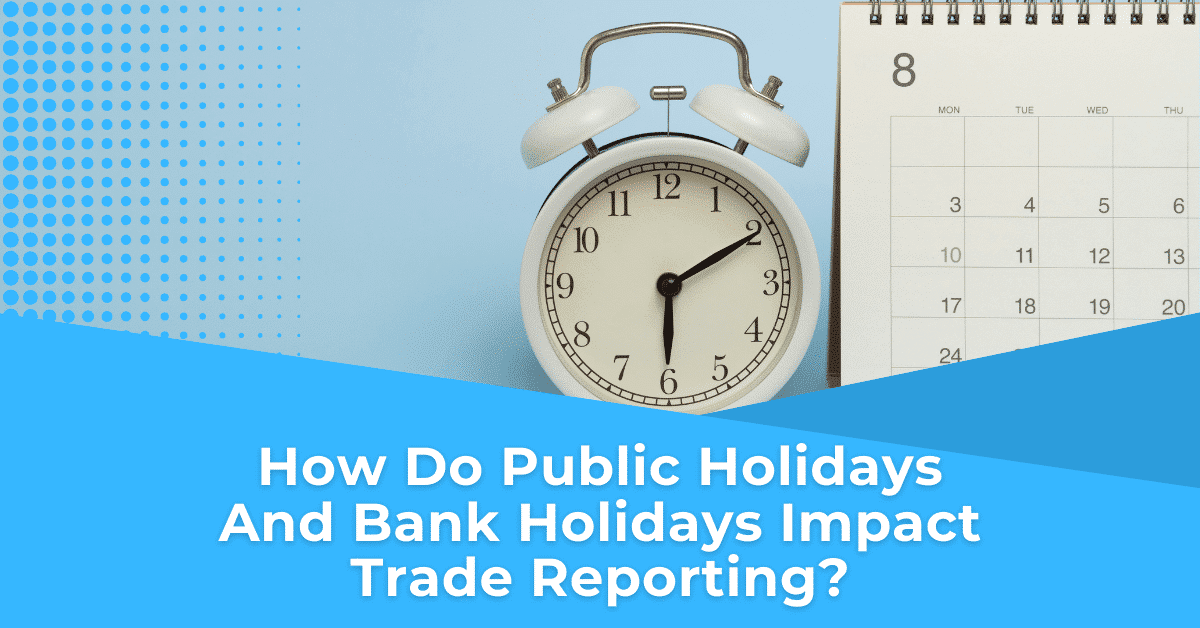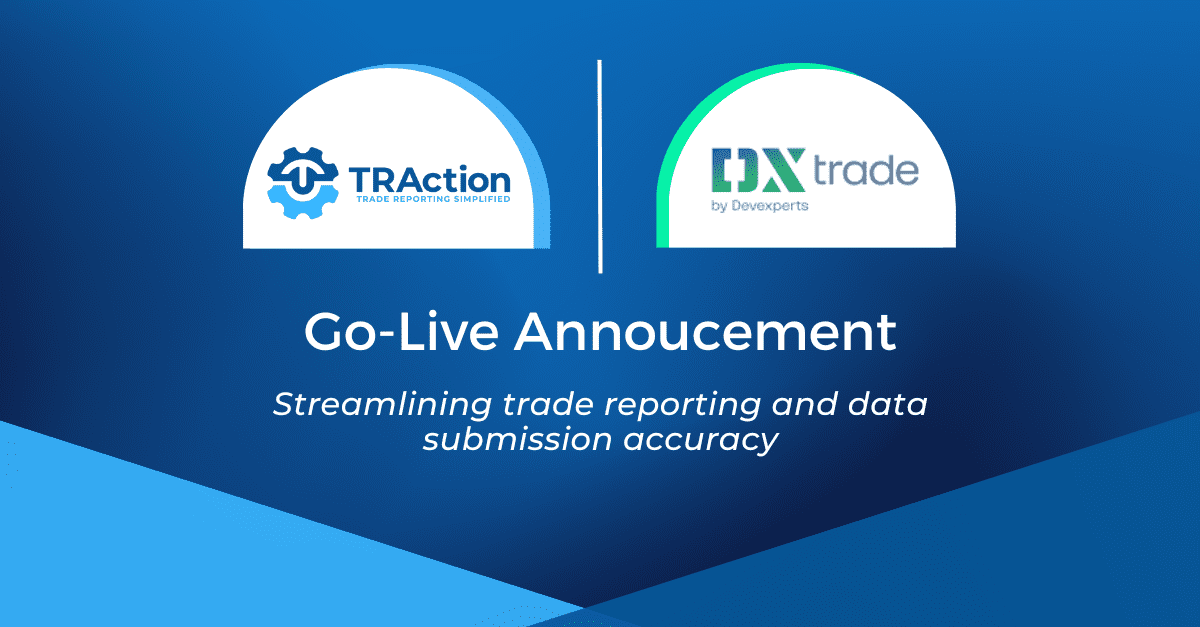Public holidays and bank holidays can have a major impact on trade and transaction reporting requirements; especially if you are an entity operating under multiple regimes.
When there is a public holiday where the regulatory body (or regulated entity) is located, it is likely that the timing of report submissions will be extended commensurately. Regulatory bodies globally generally treat holidays that occur on Monday to Friday as a non-business day and therefore the data is required to be reported no later than the close of the next working day.
This is made more complicated in regions where there are multiple jurisdictions and unique holidays. An example of this is the UK bank holidays compared with the various European countries and in Australia where there are multiple states, each with their own public holidays.
What Does the Regulation Specify?
| MIFIR and EMIR | EU: ESMA’s handling of the issue centres around the definition of a business day rather than creating a new rule set for any regional holidays. Business days are all weekdays except for Saturdays and Sundays and except for all official national holidays within the EU member state of the National Competent Authority (NCA) to whom the transaction report is submitted (5.7.2.1.2). UK: FCA requires reporting to be submitted on a working day, which is any day other than a Saturday, a Sunday, Christmas Day, Good Friday or a day which is a bank holiday under the Banking and Financial Dealings Act 1971. |
| SFTR | EU: In line with MiFIR and EMIR guidelines, a similar approach is applied for SFTR. An entity that is established in an EU member state with a public holiday on 1 Jan 2024, i.e. it is not a working day, should report by 2 Jan 2024 the SFTs concluded on or after 29 Dec 2023 Article 33(2)(a)(i). UK: transactions are reportable any day on which banks in the UK are open for general business, with the exception of public holidays. This includes weekdays from Monday to Friday, but excludes weekends and bank holidays. |
| ASIC | ASIC require that reporting is submitted by the end of the next ‘Business Day’ (Rule 2.2.3) and defines a Business Day as ‘a day that is not a Saturday, a Sunday, or a public holiday or bank holiday in the Relevant Jurisdiction’. There is a further definition of ‘Relevant Jurisdiction’ which needs to be considered by firms as it changes according to a number of factors and thus each firm is impacted differently. |
| MAS | MAS handle public holidays by outlining their definition of a ‘Business Day’. As per their regulations, a business day is ‘anything other than a Saturday, Sunday or public holiday’. As such the reporting will take place on the next available Business Day, similar to post-weekend reporting. Due to the T+2 requirement under MAS rules, the operation of public holiday rules is slightly different to other regimes which have a T+1 requirement. |
| Canada | A ‘business day’ defined as a day other than Saturday, Sunday and any statutory holiday in the relevant District. |
Reporting On a Public Holiday
For the majority of national or regional holidays around the world, they are usually unique and independent, meaning that some businesses will remain open as will the markets that they make and interact with. Due to the lagging nature of the information that is being reported, generally a holiday will fall and affect the data from a previous normal business day.
The majority of TRAction’s clients have automated the upload process of their data or have set up linked servers to push through their reporting without human intervention. This is beneficial as it allows TRAction to leverage our global team so that even during regional public holidays, we process and upload our clients’ data to the regulator/s if it is received. This allows TRAction to provide our clients with handback files for individual days, simplifying their reconciliation.
What Happens on a major global holiday?
Christmas, New Year’s Day and Easter are events which are designated as holidays across the majority of jurisdictions. In these cases, and consistent with the regulations, it is possible to aggregate multiple days of transaction files with the latest positions.
Aggregation of Multiple Days’ Transactions
After a public holiday, TRAction will aggregate all the transactions that occurred over the period, with a snapshot of the latest open positions to be reported to the regulator. The same concept is applied to crypto reporting, as the tokens trade 24/7 on exchanges globally. This means that each Monday the transactions that took place on Friday, Saturday and Sunday are sent to the relevant regulator together with the latest snapshot of their open positions.
Effect on the Handback Files (trade reporting confirmations)
Depending on the treatment of the public holiday, whether it is regional or international, there may be some impact on the handback files that clients receive from TRAction. In the majority of cases, we continue to have access to our client’s data for each specific day as we have a preference for processing each day individually as it doesn’t cause any disruptions to the handbacks around the busy holiday periods. In this scenario you can reconcile as normal.
If our clients are unable to provide us with their trading data, we will aggregate the data on the first business day after the public holiday using a snapshot of the latest positions and any transactions across the period. In this case, handback files will only appear for the day on which the processing took place. There will be no output files on non-business days where TRAction did not report and therefore cannot be reconciled.
Summary
If you are interested in learning more about how public holidays may affect your reporting requirements please reach out to our team at TRAction.




